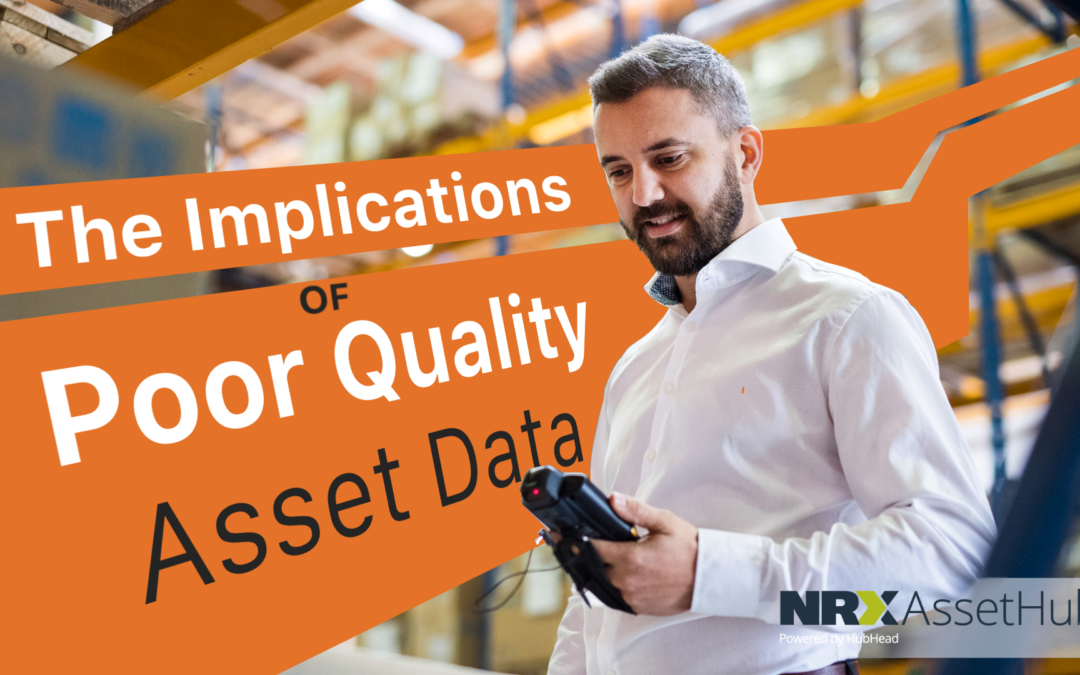When migrating to a new EAM/CMMS system, it’s critical to prioritize your source maintenance and reliability data. Making a conscious effort to preserve the system’s data integrity is paramount to a successful migration, yet some companies fall short of doing so. To assist this process, here are some general guidelines to follow during an EAM/CMMS migration to preserve your source data.

Preserving Source Data: 5 Steps
Make it a separate project. Assemble a team dedicated to transferring high-quality asset and maintenance data between systems and provide as much support as required to get the job done correctly. Of course, your CMMS migration project will not entirely be based on the source data you’re transferring to your new EAM system. With the project requiring tremendous effort, why risk losing your quality asset and maintenance data by bundling that piece as an add-on or afterthought to your main project?
Ensure your asset and maintenance master source data is accurate. Transferring inaccurate asset and maintenance master data to your new EAM system is costly and inefficient and creates more work for your team to correct after the migration has been completed. Before starting the migration process, you must ensure your existing asset and maintenance master data being migrated is correct. There are multiple ways to do this, whether through a thorough plant walk down or conducting a master data cleanse beforehand.
Format your asset and maintenance data. Different EAM/CMMS systems always have different data structures for asset and maintenance master data and thus may require specific formatting. Therefore, you may want to seek assistance from asset and maintenance master data specialists with experience migrating between the different variants of EAM/CMMS systems that are out there. They can explain the optimal way to map, transform, and migrate asset and maintenance master data so that valuable information is not lost and the new EAM is optimized to function as intended after the migration.
Research different transfer methods. An EAM migration isn’t a one-person job. Time, effort, and strategy are required to properly switch systems while simultaneously preserving your asset and maintenance data. Having a small team of employees transferring data using spreadsheets usually won’t cut it; inevitably, information will be lost, and mistakes will be made. Choose a solution fit for the purpose and built to migrate asset and maintenance master data.
Test Your New EAM/CMMS System. Even if the entire migration process seemed to go smoothly, you must ensure that all your asset and maintenance master data has been set up in your new system correctly and is fit for purpose after the migration. If you don’t leave enough time in your project to test your new EAM/CMMS system, you could leave maintenance personnel exposed to long-term issues that could compromise production.
How We Can Help
If you’re seeking assistance in migrating your asset and maintenance master data during an EAM migration, feel free to reach out and book a demo.
The Implications of Poor-Quality Asset Data
How Long Will My EAM Migration Take?
Ensuring EAM Migration Success
Share this article




